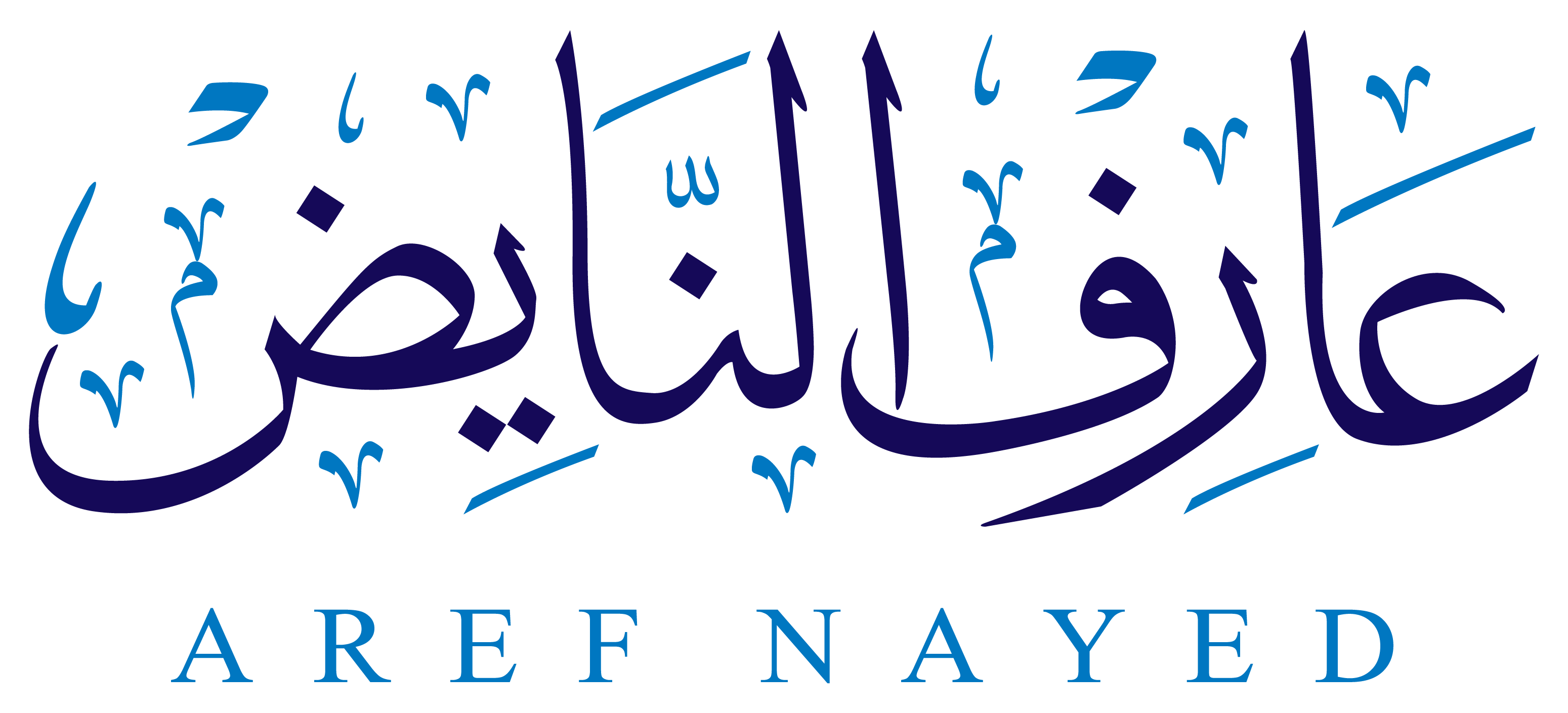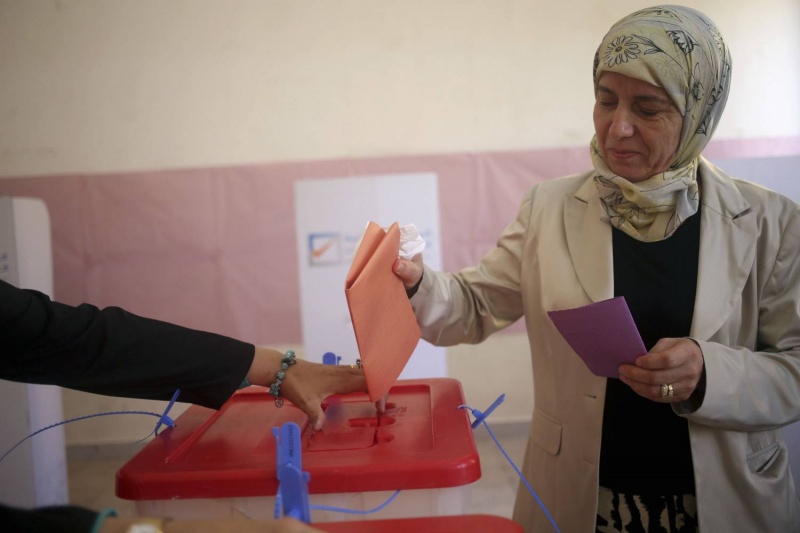Tripoli – The United Nations and the Arab League have joined the ranks of the Libyan parties calling for the necessity of holding elections during this year as a last resort to end the stormy political division in the country for nearly four years.
Internal parties, including the political Islam movement and the reconciliation government headed by Fayez al-Sarraj, are pushing for the referendum on the constitution before the elections, which is considered by observers as an implicit attempt to obstruct the holding of the elections this year, given how long this process will take.
The envoy of the Secretary-General of the League of Arab States to Libya, Salah al-Din al-Jamali, said that the League supports the UN initiative, noting that the best solution for the Libyan people is to hold elections as soon as possible.
Al-Jamali clarified on Sunday that the elections should not be hostage to the constitution or anything else, and that they should go to the polls because they are the best solution.
He pointed out in statements that “there are previous Libyan constitutions that can be used. We also have the internationally recognized political agreement until the draft constitution submitted by the commission is agreed upon, and thus we do not make the current dispute over the draft a reason to disrupt the political process in Libya. “.
Many Libyans support the proposal to hold elections based on the 1951 constitution, with the chapters relating to ownership removed, as it was promulgated during the reign of the late King Idris Al-Senussi.
Al-Jamali’s statements came days after the UN envoy to Libya, Ghassan Salamé was briefed before the Security Council, in which he renewed the mission’s adherence to holding elections this year.
Last September, Salamé announced a plan consisting of three main stages, starting with amending the political agreement to allow the unification of the executive authority, launching a reconciliation conference, then issuing the constitution and holding elections.
Salamé had hinted months ago that elections would take place even in the event that the rest of the stages of the UN plan were not implemented.
After the Libyan parties failed to reach a compromise formula for amending the political agreement, he stressed that elections will take place whether or not the executive authority is unified.
Salamé’s position was met with a welcome by the political parties supporting the holding of elections during this year.
Aref Nayed, former Libyan Ambassador to the UAE and presidential election candidate welcomed the renewed integrity of the United Nations ’commitment to holding presidential and parliamentary elections in 2018.
“I call on the international community, especially members of the Security Council, the African Union and the Arab League, to support the Libyan people to say their word through the ballot box,” he said.
Nayed had announced his readiness to run for the upcoming presidential elections, indicating that he had prepared a vision and a work program that he had developed in cooperation with a working group of young people to extricate Libya from its current crisis. Al-Nayed stated in a press statement that “the apparent procrastination only serves dark gangs, brute force and corrupt money,” in reference to the current of political Islam.
He pointed out that “there is no way to save the country except by hearing the people’s voice in managing its affairs through fair, transparent and protected elections in their implementation and implementation of their results by the United Nations in its Security Council, the African Union and the League of Arab States.”
Source : alarab.co.uk

